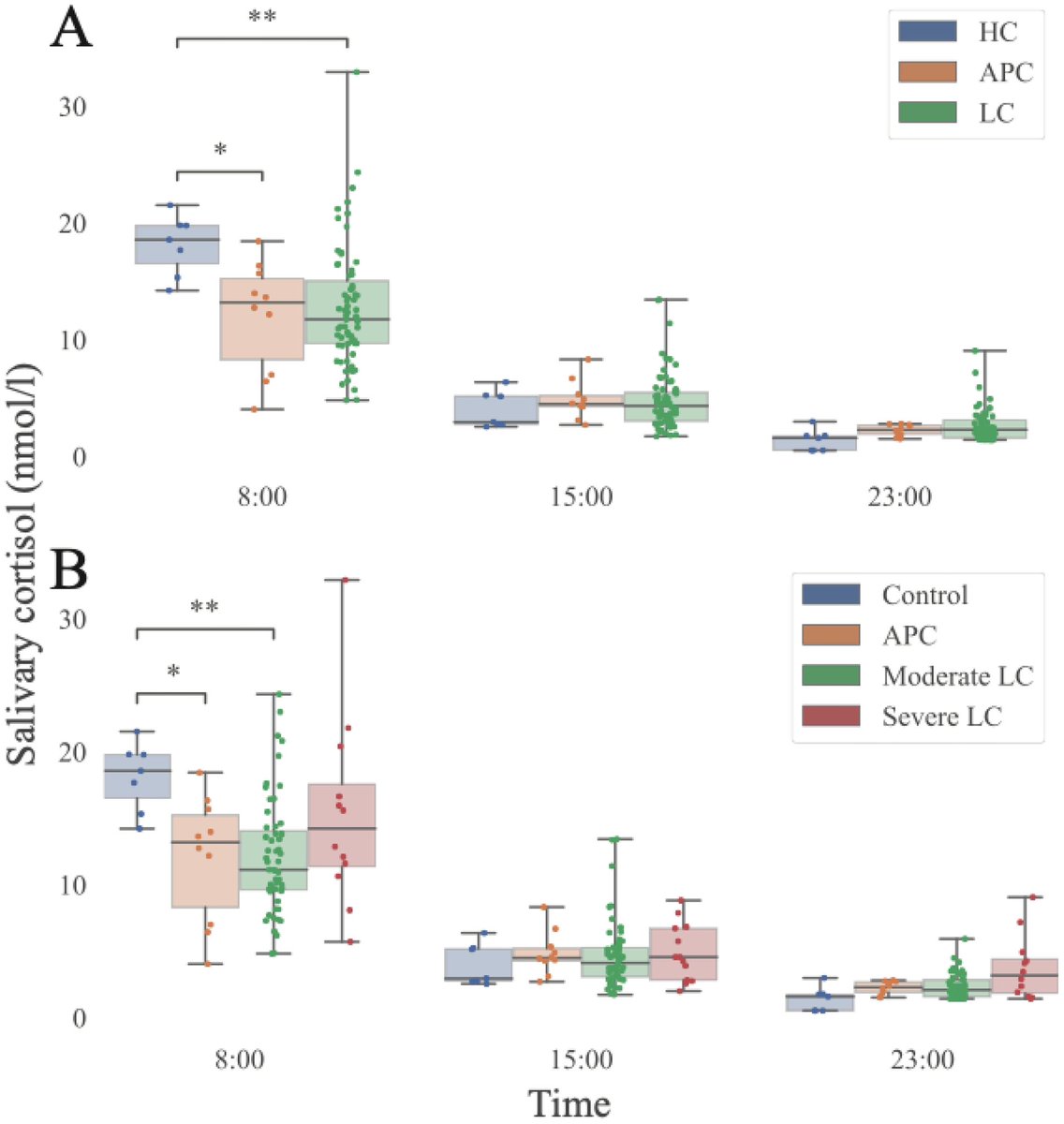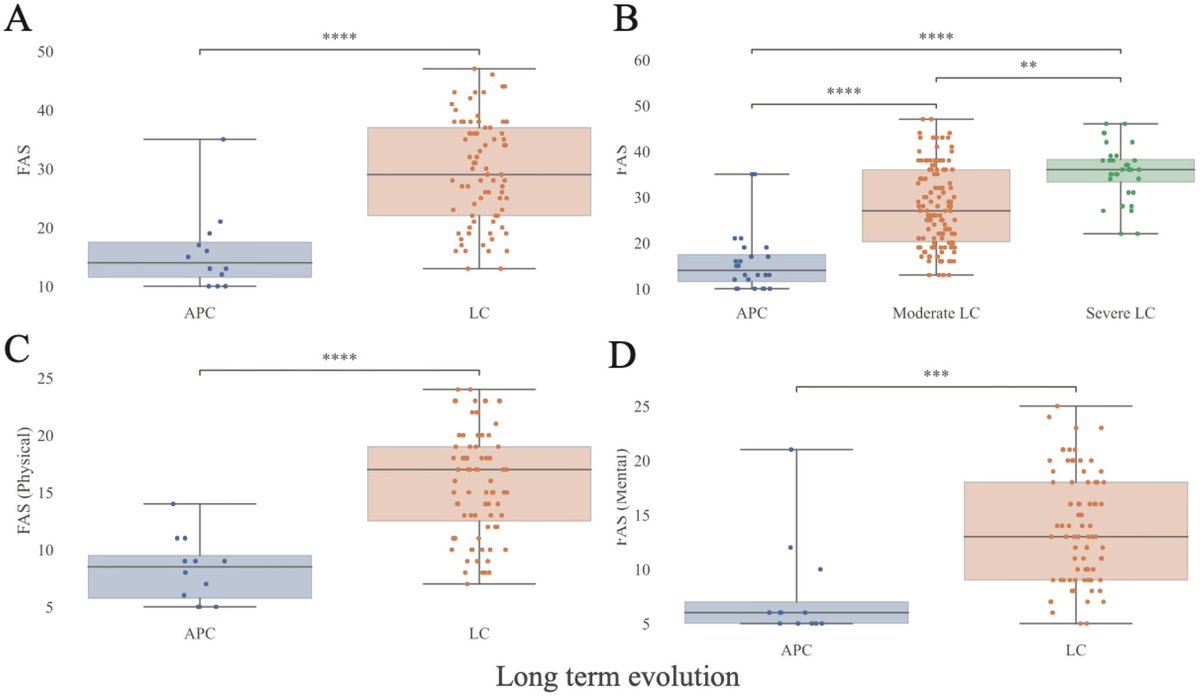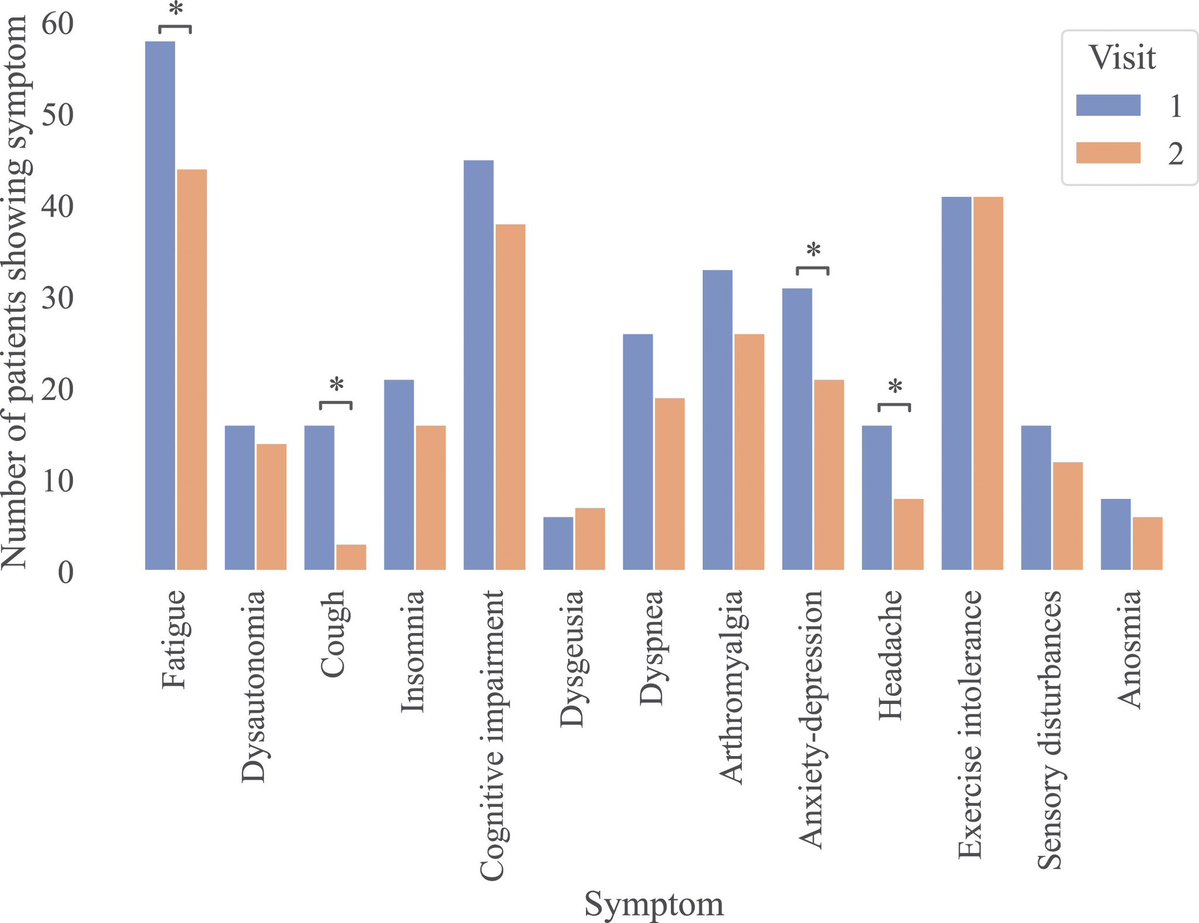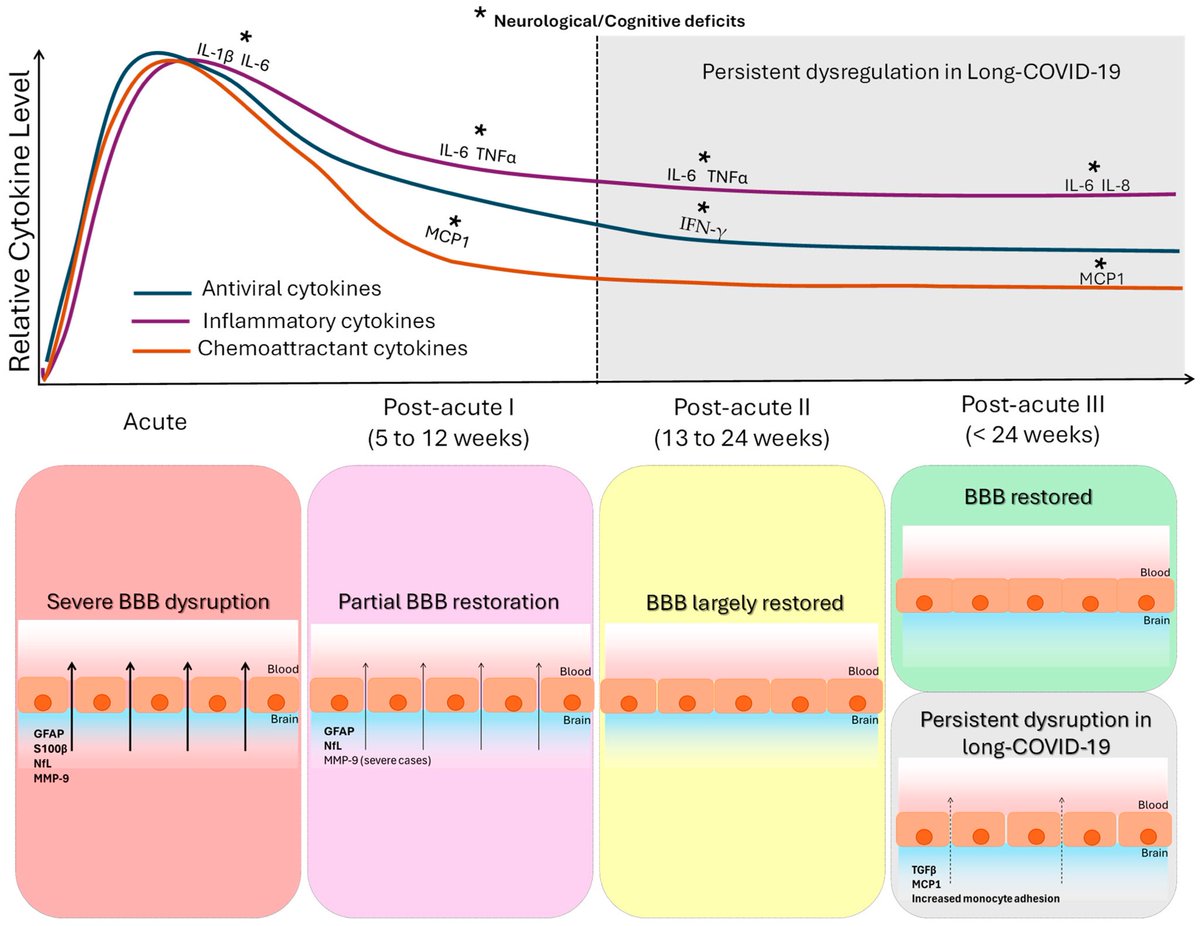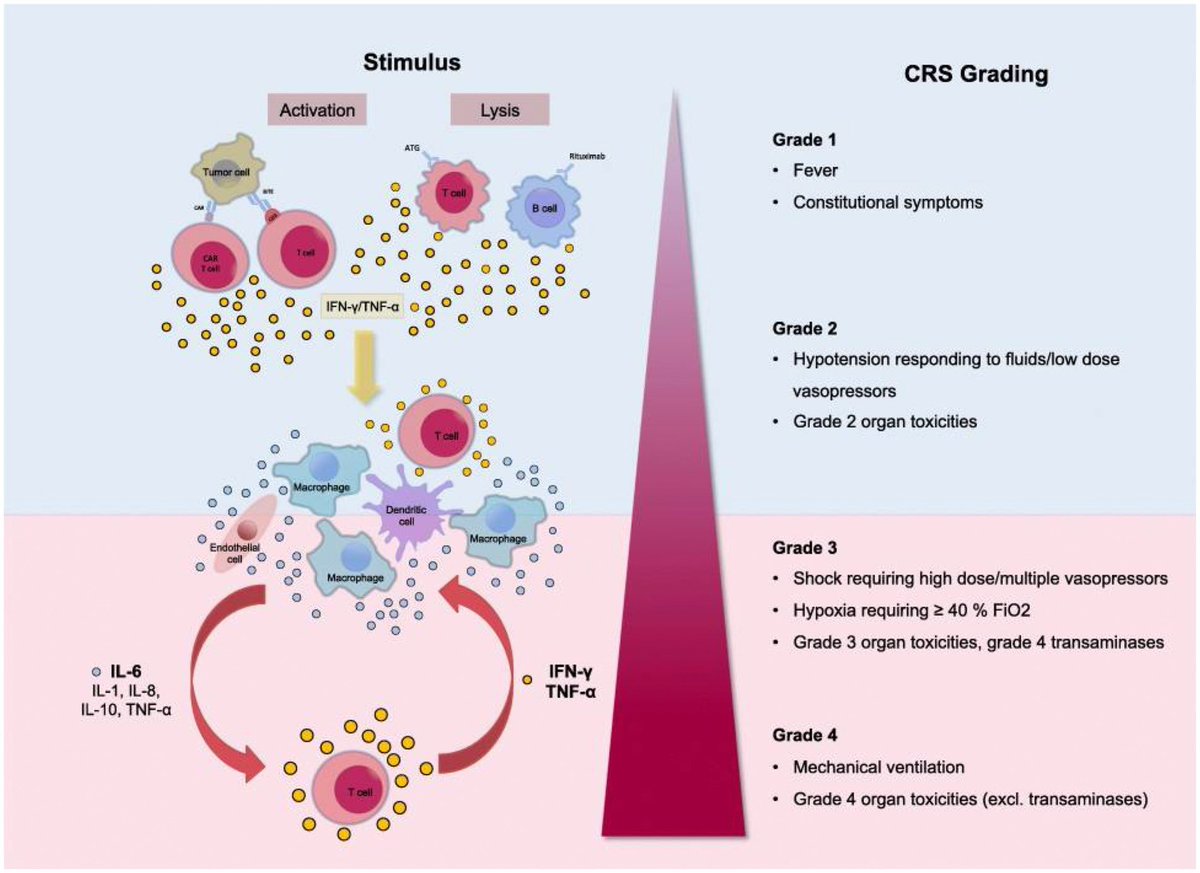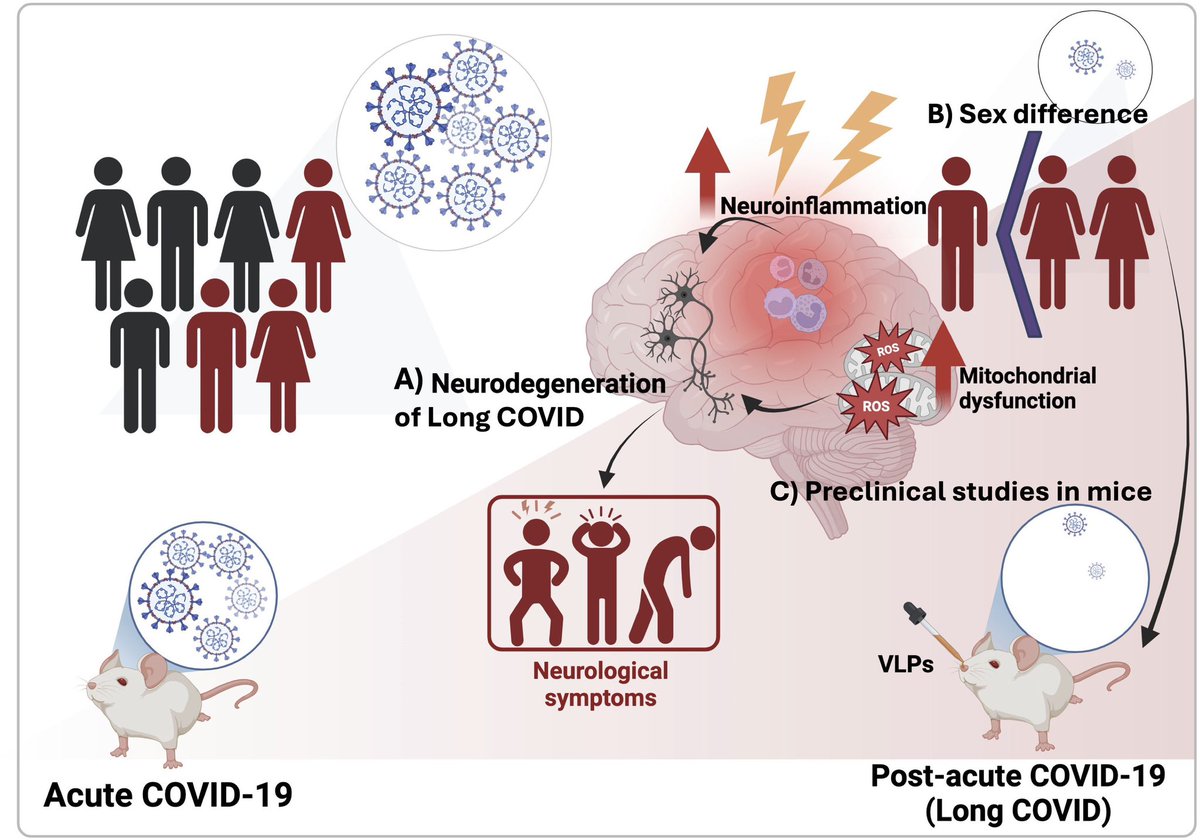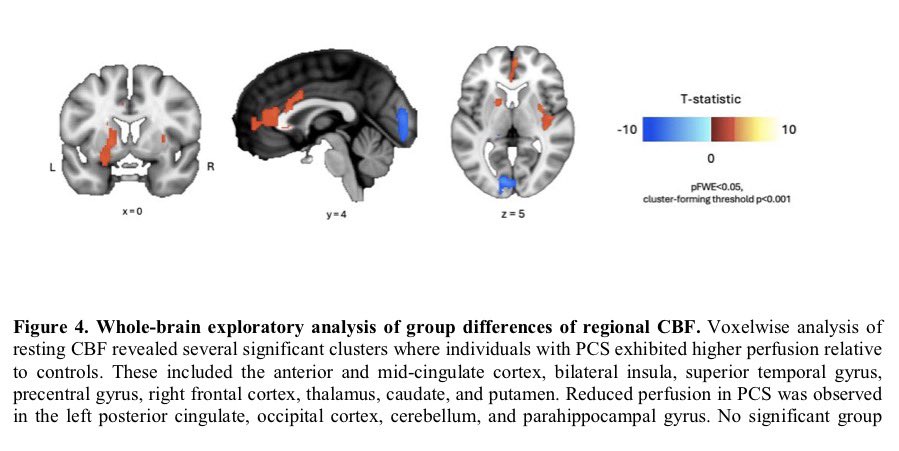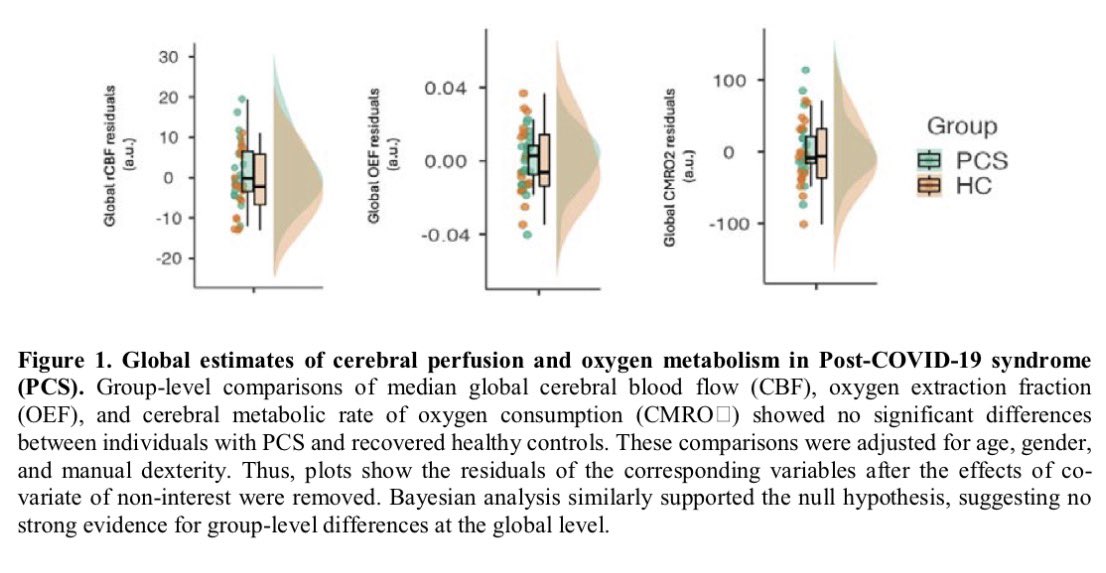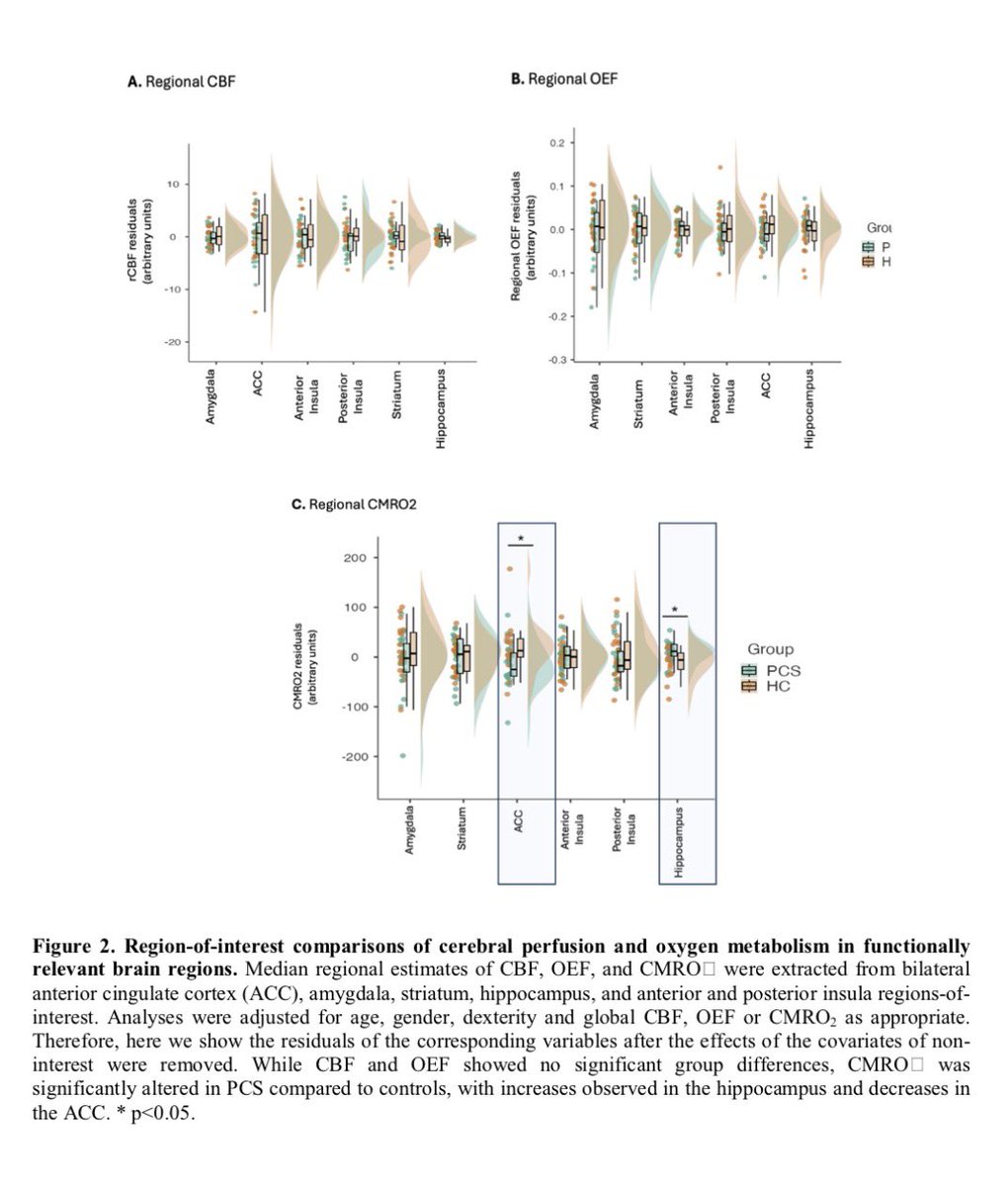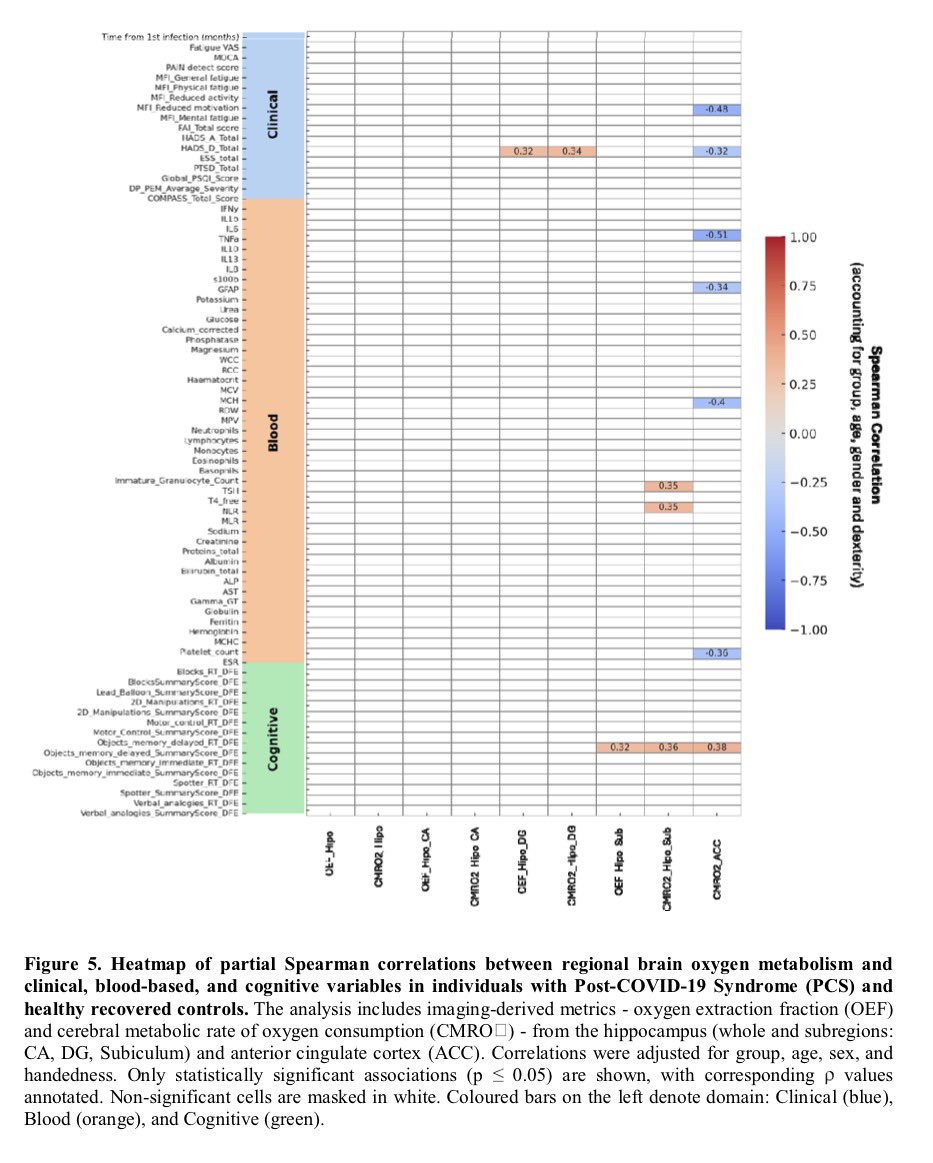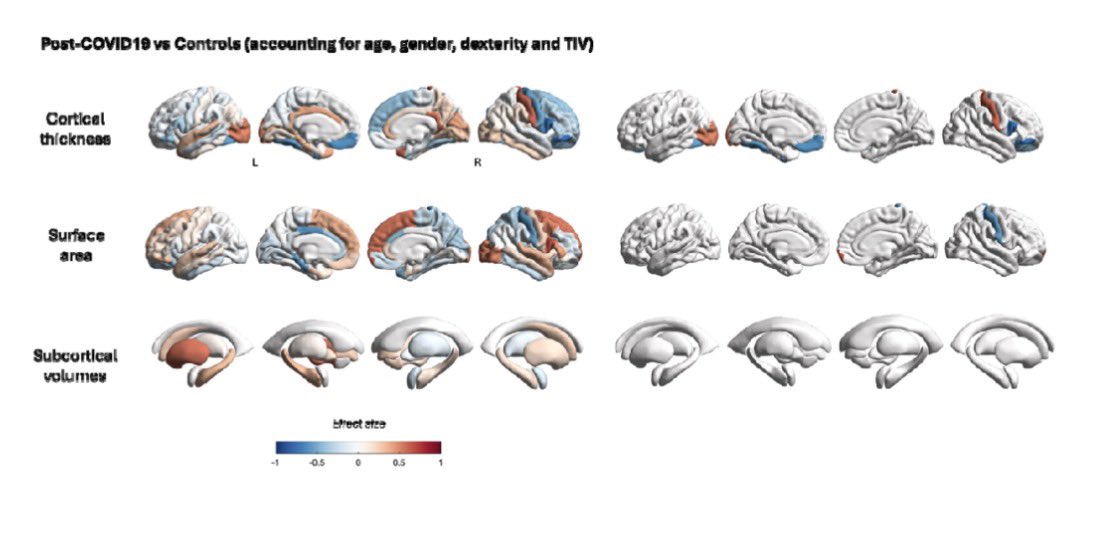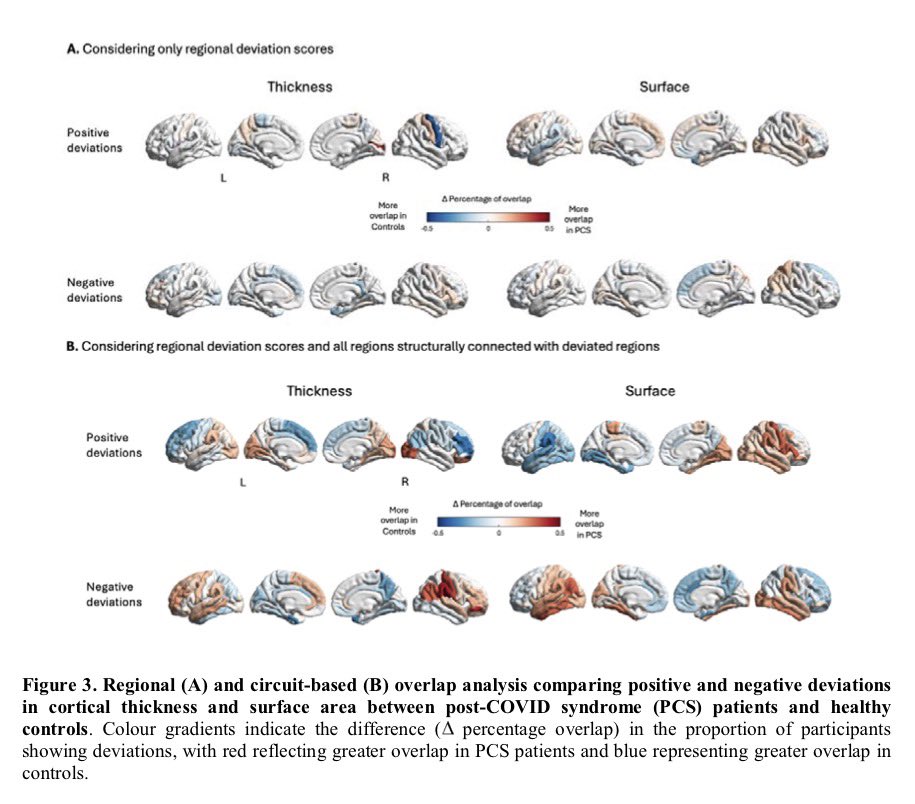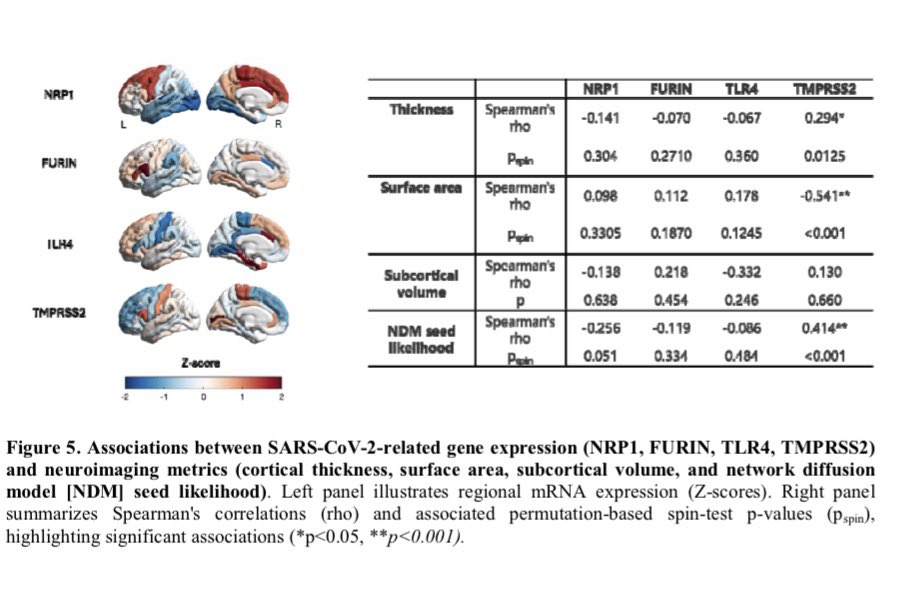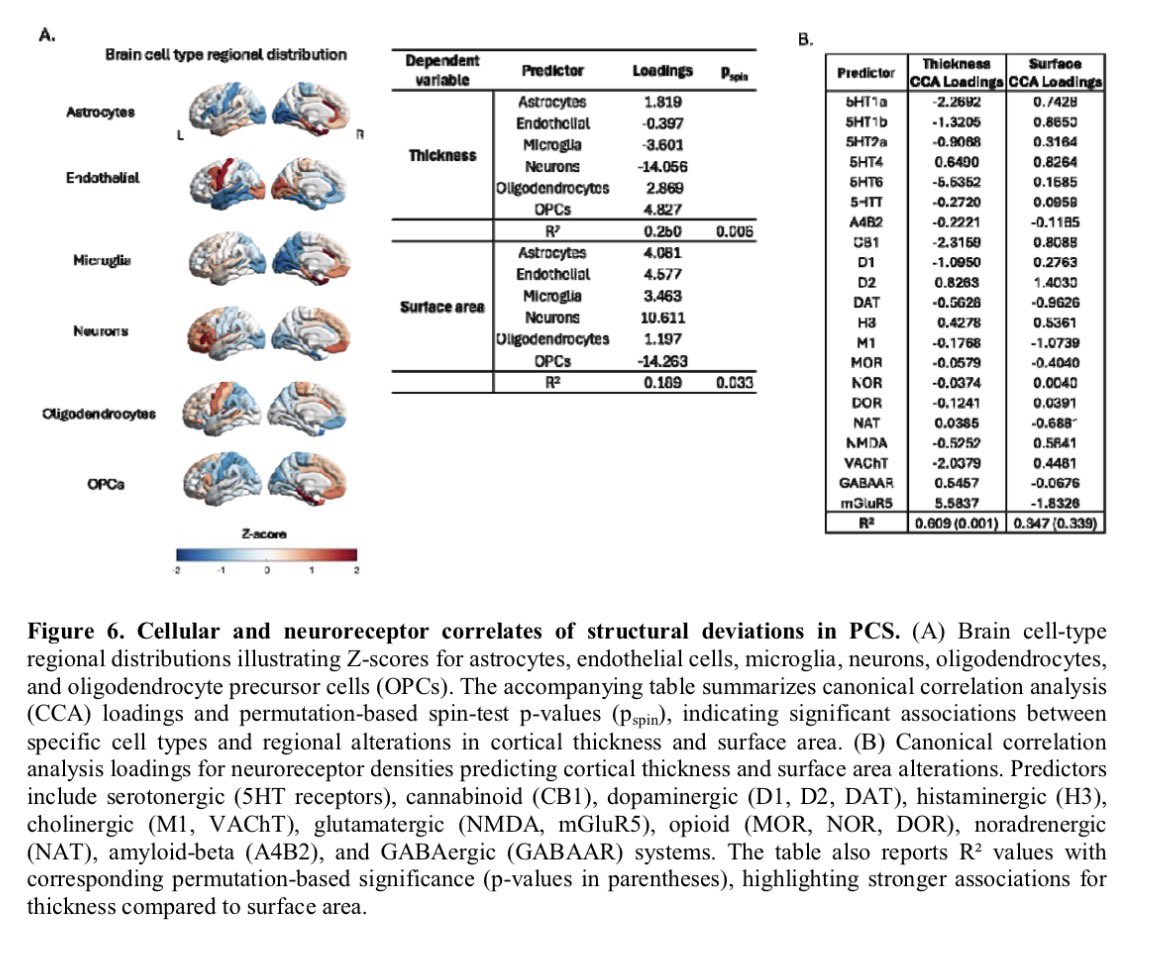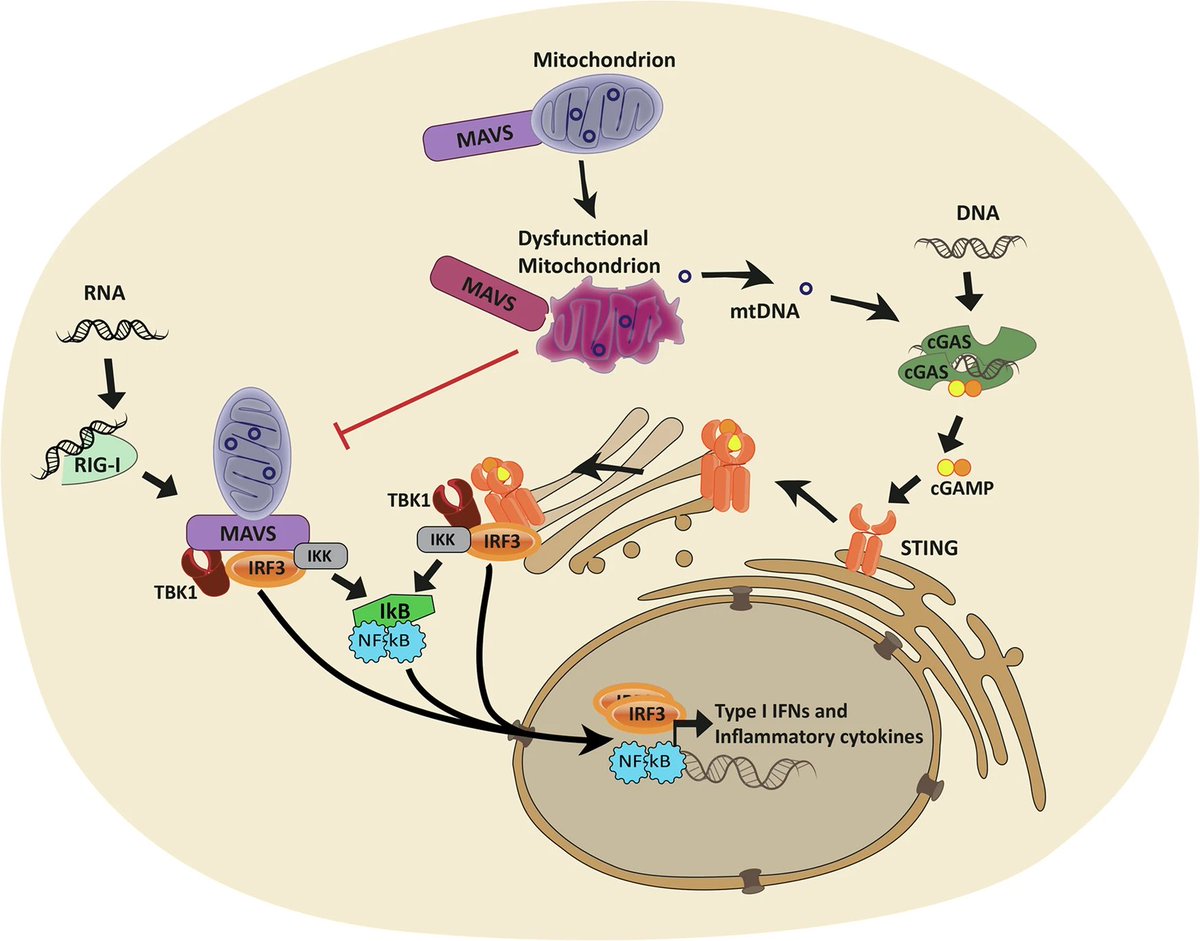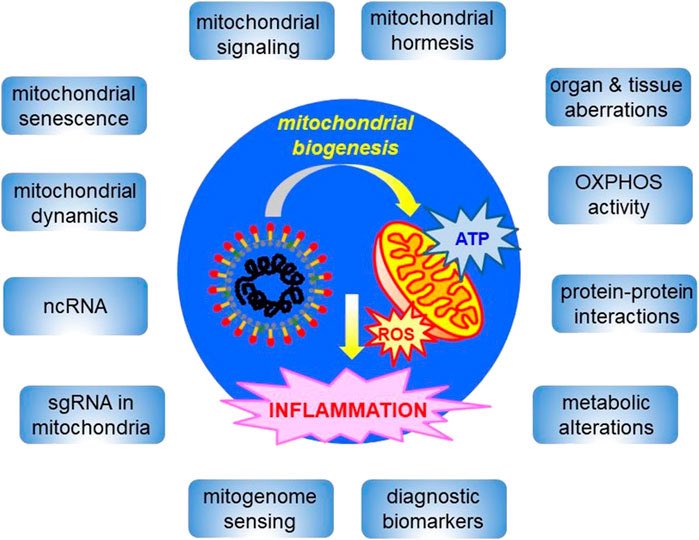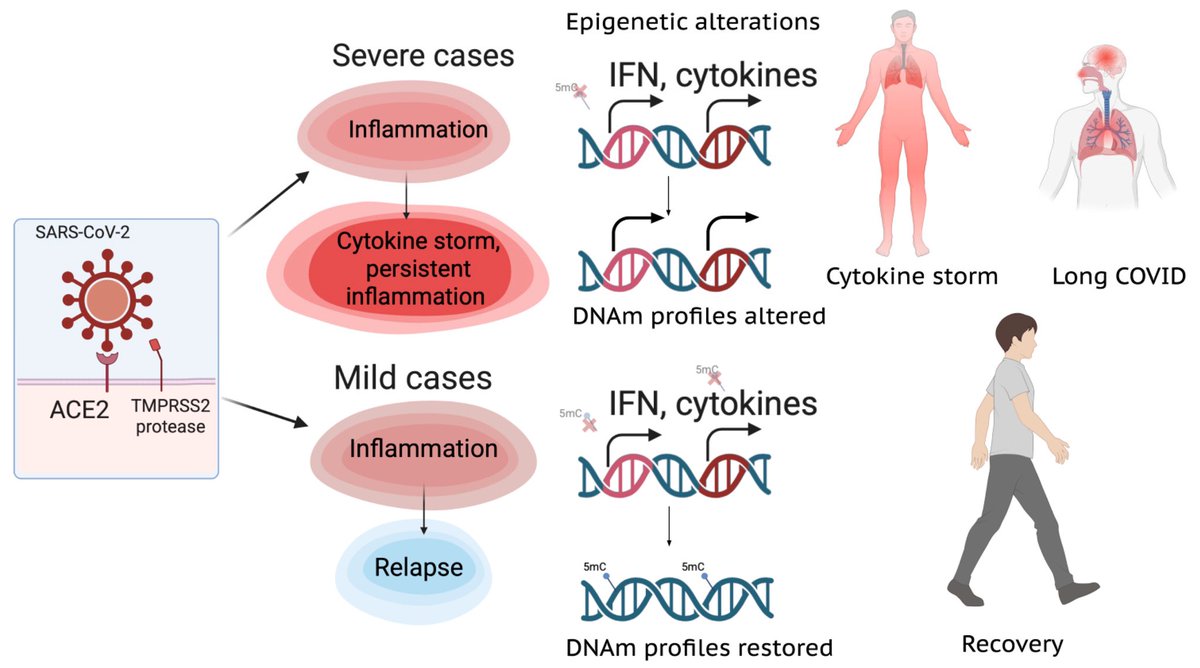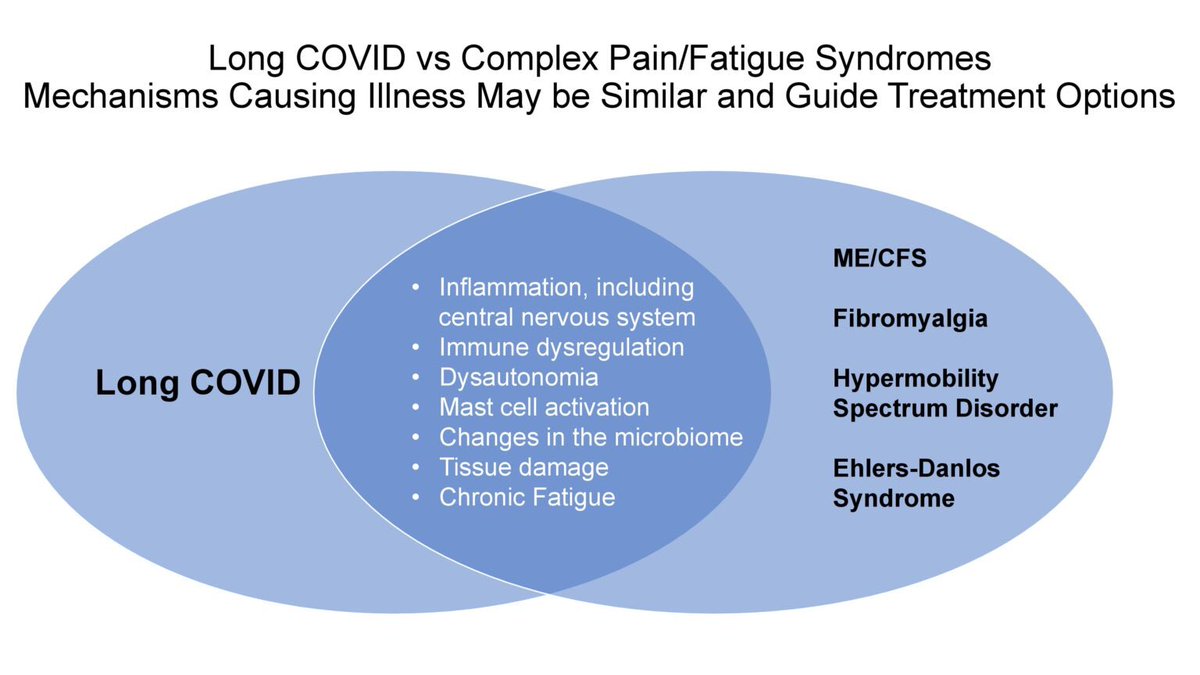A NEW nasal spray that trap & neutralize not only SARS-CoV-2, Influenza, RSV, Adeno & many other viruses & bacteria that are inhaled into the nose, immobilizing them until they die. The substance is >99.9% effective & contains no drugs 1/ 

The FDA approved substance in the spray is known as the Pathogen Capture and Neutralizing Spray (PCANS), & contains no drugs of any kind.
Instead, the spray forms a gel that lines the inside of the nose. 2/
Instead, the spray forms a gel that lines the inside of the nose. 2/

While this gel doesn't affect the user's breathing, it does trap any viruses or bacteria that are subsequently inhaled into the nose, immobilizing them until they die. 3/ 

In lab tests, the spray protected mice from a mouse-adapted form of the H1N1 influenza virus, even when that virus was administered at 25 times the lethal dose. 4/ 

What's more, virus levels in the animals' lungs were reduced by over 99.99% as compared to an untreated control group of mice. The spray was retained in the rodents' noses for up to eight hours, and was effective at blocking infection for at least four hours. 5/
Although PCANS has yet to be tested on humans, it has been used in a 3D-printed model of a human nose, where it captured twice as many microbe-containing droplets as mucus alone. 6/ 

It blocked and neutralized almost 100% of all viruses and bacteria we tested, including influenza, SARS-CoV-2, RSV, adenovirus, K Pneumonia and more. 7/
And if you suffer from allergies, take note – the researchers believe the spray could one day also be used on a daily basis to trap and neutralize allergens. 8/8
onlinelibrary.wiley.com/doi/10.1002/ad…
onlinelibrary.wiley.com/doi/10.1002/ad…
• • •
Missing some Tweet in this thread? You can try to
force a refresh


